Last week, senior Helen Dunlap started her morning feeling sick.
“I woke up and I wasn’t feeling super well and I threw up,” she said.
But instead of staying home to recover, she came to school. The reason behind her decision was a new participation policy introduced by many of her teachers.
“I’m worried about the participation points in my classes,” she said. “I didn’t want to miss extra days because of being sick, so I went to school sick.”
In a controversial effort to combat chronic absenteeism, some teachers have instituted daily participation points for the first time this year.
Every teacher who has a new absence policy defines participation points differently, yet they all share the same essence – points are earned each time a student is present for class (or put another way, points are deducted for not being in class).
Dr. Lauren Rogers, Head of Upper School, pointed to chronic absenteeism as the cause of this change.
“Attendance in schools has decreased exponentially in the last four years,” Rogers said. “Our attendance rate decreased, meaning more people aren’t coming or more people are not in class.”
It’s not just St. Mary’s. Absenteeism is up across the country in the wake of the coronavirus pandemic, averaging an increase of around 10% in most states, with the most drastic increase of around 32% two years post-pandemic.
In Tennessee alone, absenteeism has steadily increased from 13% to 20% from 2019-2022. To address this issue, some St. Mary’s teachers implemented participation points in various forms across their classes.
Ms. Rainey Segars, Upper School religion teacher and assistant chaplain, has seen the absenteeism first hand.
“This isn’t random,” she said. “This hasn’t popped up out of nowhere. The class skipping last year was so bad and so extreme that the teachers all agreed we have to do something, and so this is a first try at what that something could be.”
Tatler asked all 33 Upper School teachers if they have a participation policy and what attendance looks like in their classrooms. Roughly 25% said they had implemented a new policy this year that includes taking off points when students miss school. But there are a few exceptions. While teachers’ specific policies differ, they cannot take off for points for religious holidays or school-sponsored events. Nevertheless, some teachers believe that participation points are vital to encouraging students to go to class.

Among the teachers that have a new participation policy, Upper School French teacher Brandy Brown aims to emphasize the value of time in the classroom.
“We want students to know that school is really important. We don’t want school to be viewed as optional,” she said.
Upper School computer science teacher Harold Roberts stresses the importance of participation in class.
“Anything I can do to get students here and participating is really important because you lose a ton of academic value… if you don’t have active student participation in class,” he said.
Out of the 33 Upper School teachers, around 56% of English and foreign language teachers implemented a new participation policy, while none of the history and math teachers use one. Only around 25% of science teachers use one.

The discussion-based nature of English and foreign language courses may be driving the concerns of those teachers.
“[Participation points] encourage students to understand how important it is to be a part of the discussion, to hear what the teacher has to say [and] to hear the other students,” Upper School English teacher Caroline Goodman said.
The majority of teachers that have policies also teach upperclassmen. Around 88% of the teachers with a participation-points policy teach either exclusively upperclassmen or have many in their classes.
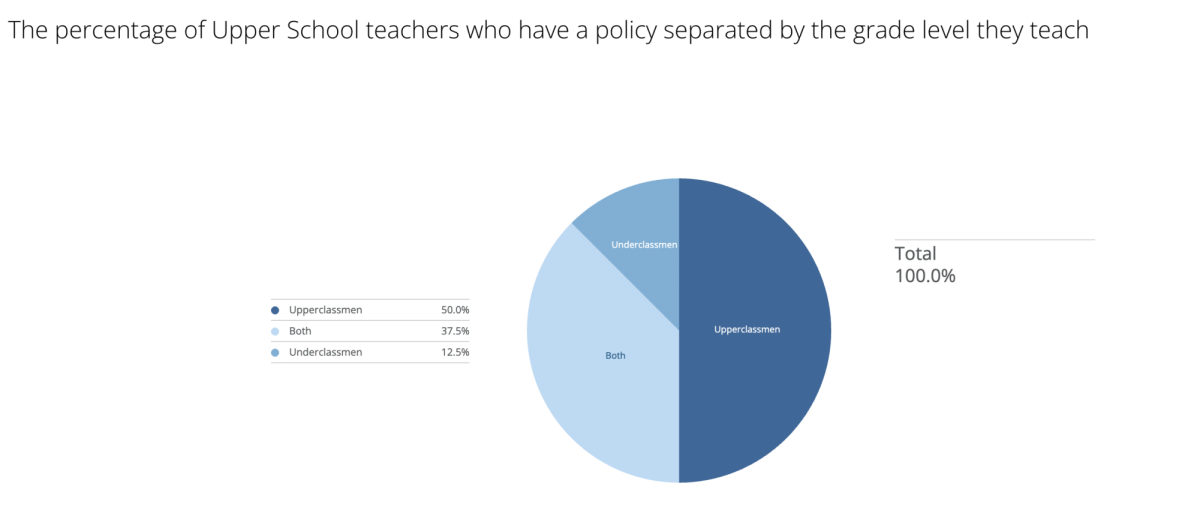
Upper School English teacher Shari Ray pointed out that seniors specifically tend to be worse about attendance towards the end of the year.
“I like this policy for my classroom because I teach primarily seniors,” she said. “After all those [college] decisions are made and everybody is settled, there can be a lackluster attitude towards remaining diligent in high school.”
Other teachers said they didn’t feel participation policies were necessary in their classrooms. Jeff McCalla, Upper School math teacher is among them.
“I didn’t want to punish students who have school-sponsored absences,” he said.
Other teachers who chose not to implement an attendance policy, said they think the incentive to be present in class is reflected in the assessments they give.
“If you’re not in class, the degree to which you succeed on an assessment manifests itself,” Upper School history teacher Dalton Lyon said. “How well you do on the test… really depends upon being present.”
But many students said they have concerns regarding these new policies. These concerns were generated from worries over illnesses, doctor appointments, college visits and other reasons for absences that they felt were legitimate.
“It’s not fair that just because I miss class one day, my grade lowers… even if I’m sick,” junior Stephanie Chen said.
Junior Celine Kim emphasized that often the people who are negatively impacted by participation-point policies are those who participate in extracurricular activities that require missing school.
“It’s the people who do stuff outside of school to pull stuff for their college resume that [participation points] are gonna do anything to,” she said. “People skipping don’t care about the class enough to care about the participation points.”
Senior Mary Elizabeth Dyer pointed out that there are often good reasons why people miss school.
“If you’re not skipping, you have a valid reason,” Dyer said.
Freshman Caroline Wallace said she would agree that participation points are a good idea for people who constantly skip school but negatively affect people who miss school due to a reason like an illness.
“I think [participation points] are reasonable to implement when someone continuously is missing class for no reason, but if someone is out for a good reason, they shouldn’t be missing points just because they’re sick or something,” Wallace said.
But these policies are not as concrete as many students suspect. Upper School English teacher Jessica Love states that her policy is subject to change.
“I’m doing [participation points] for the first quarter, [then] we’re going to pause,” Love said. “I’m going to… figure out whether or not I want to keep doing [the policy] or let it pause.”
For Segars, that decision is one that could be made with student feedback. In response to student complaints about participation policies, she said she encourages students to offer alternative solutions if they do not like the policies as they stand.
“I would encourage the students who don’t like this to draft their own proposal,” Segars said. “Because we [have] got to do something – ‘just do nothing’ is not an answer.”
Community voices on participation points
Wallis Rogin and Kate Wolfkill contributed to this story.




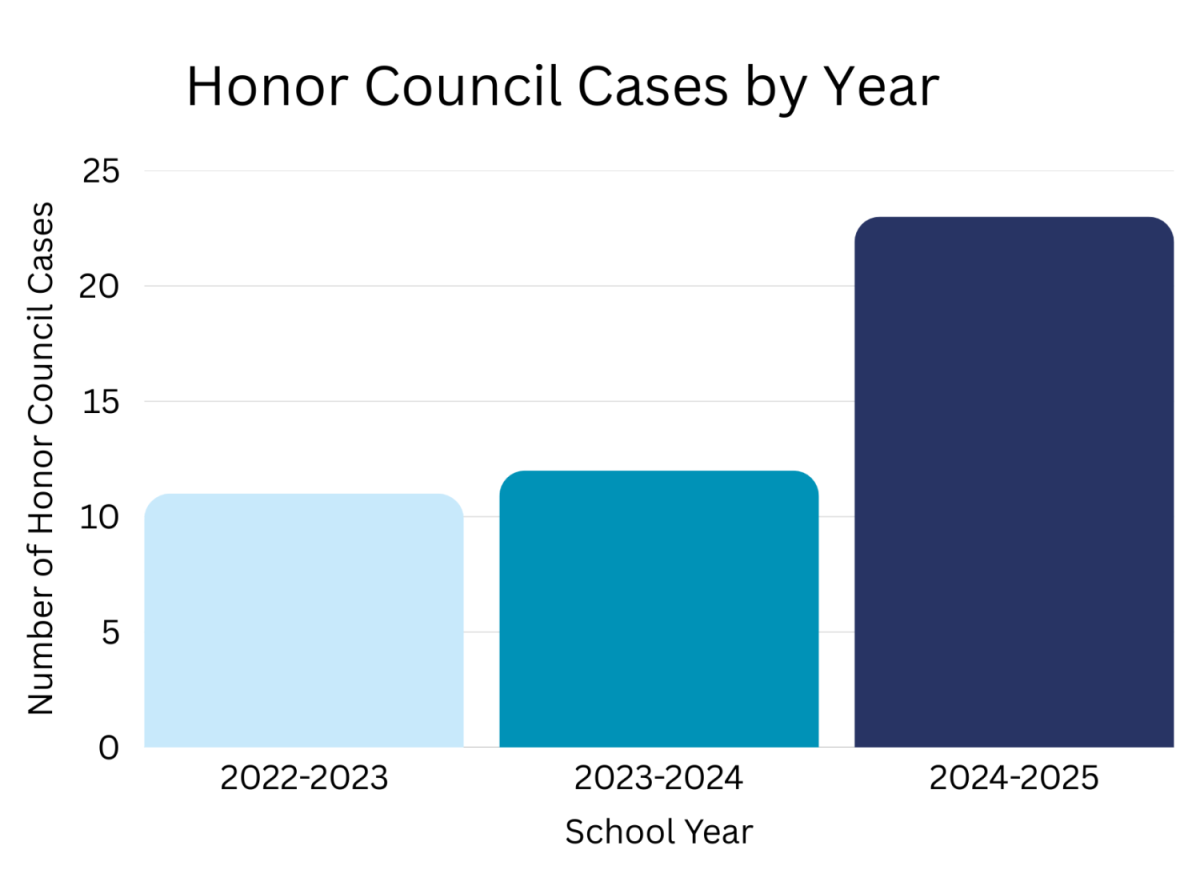
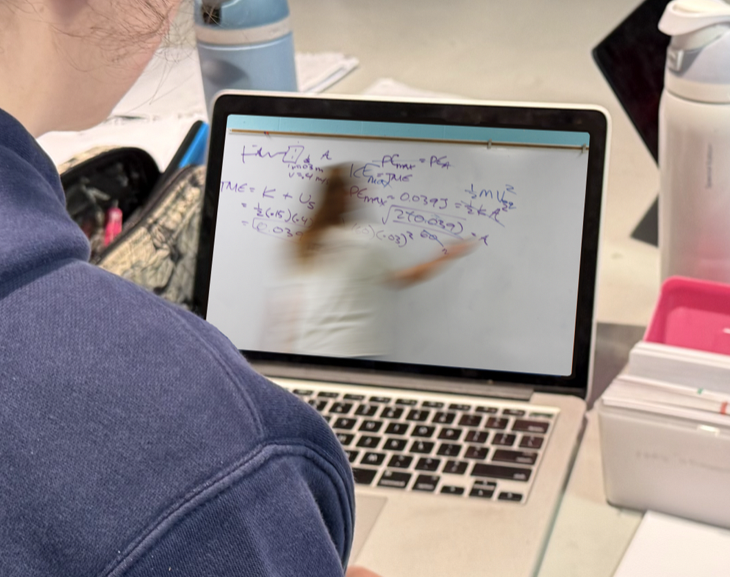



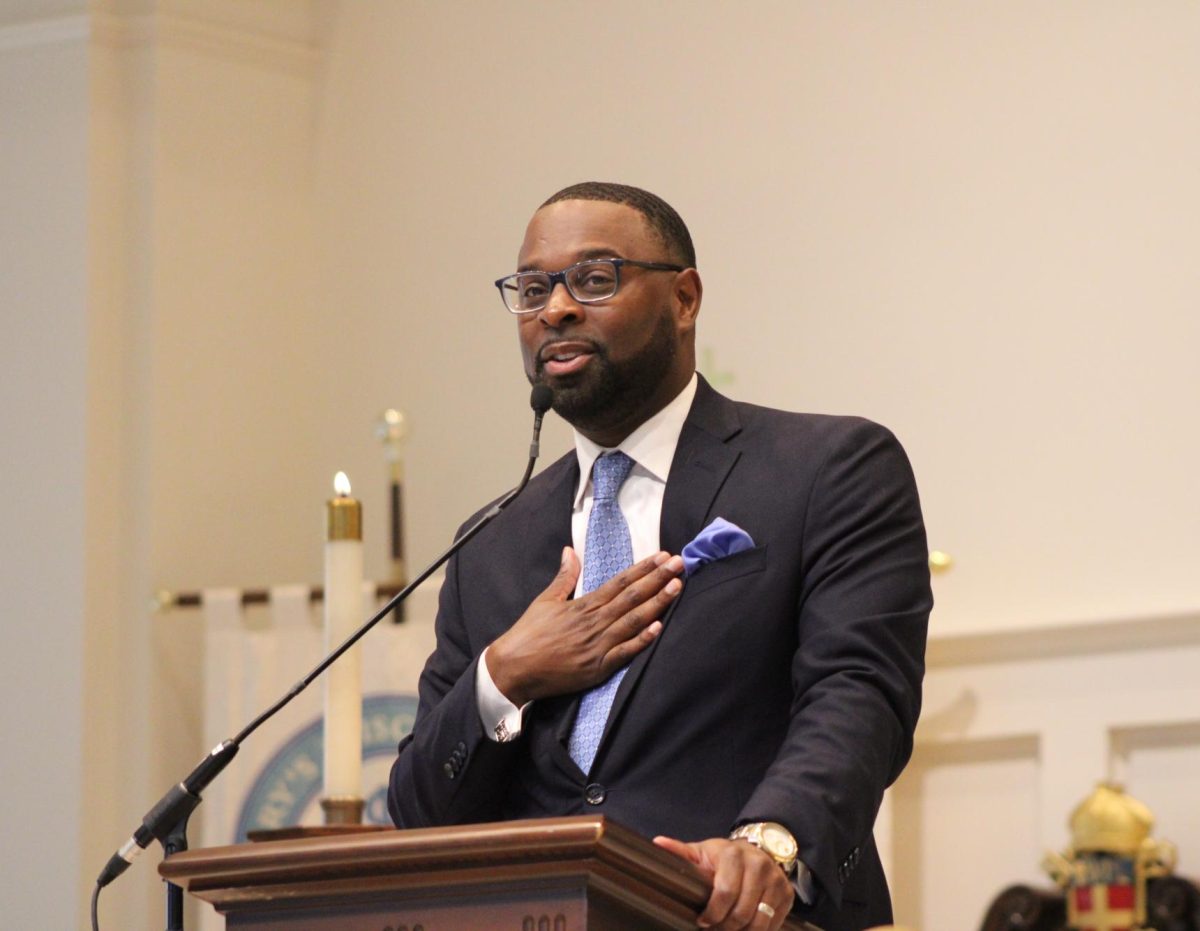
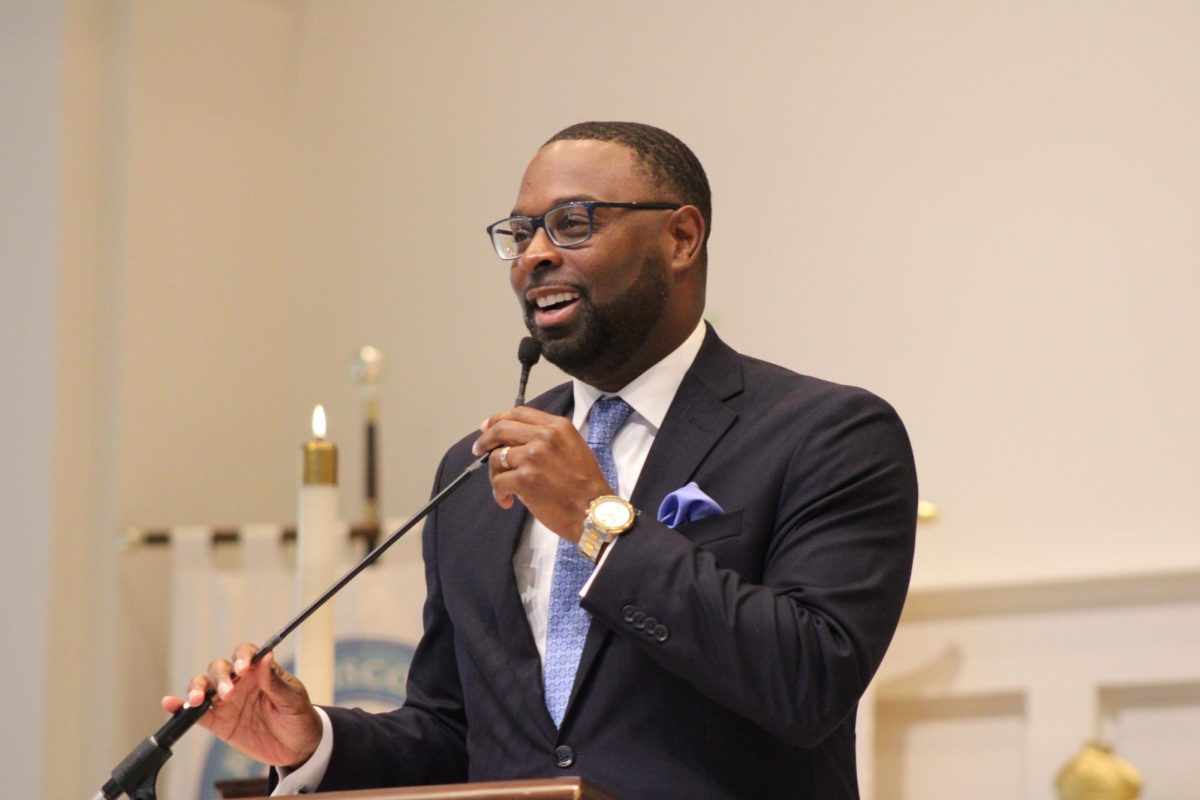
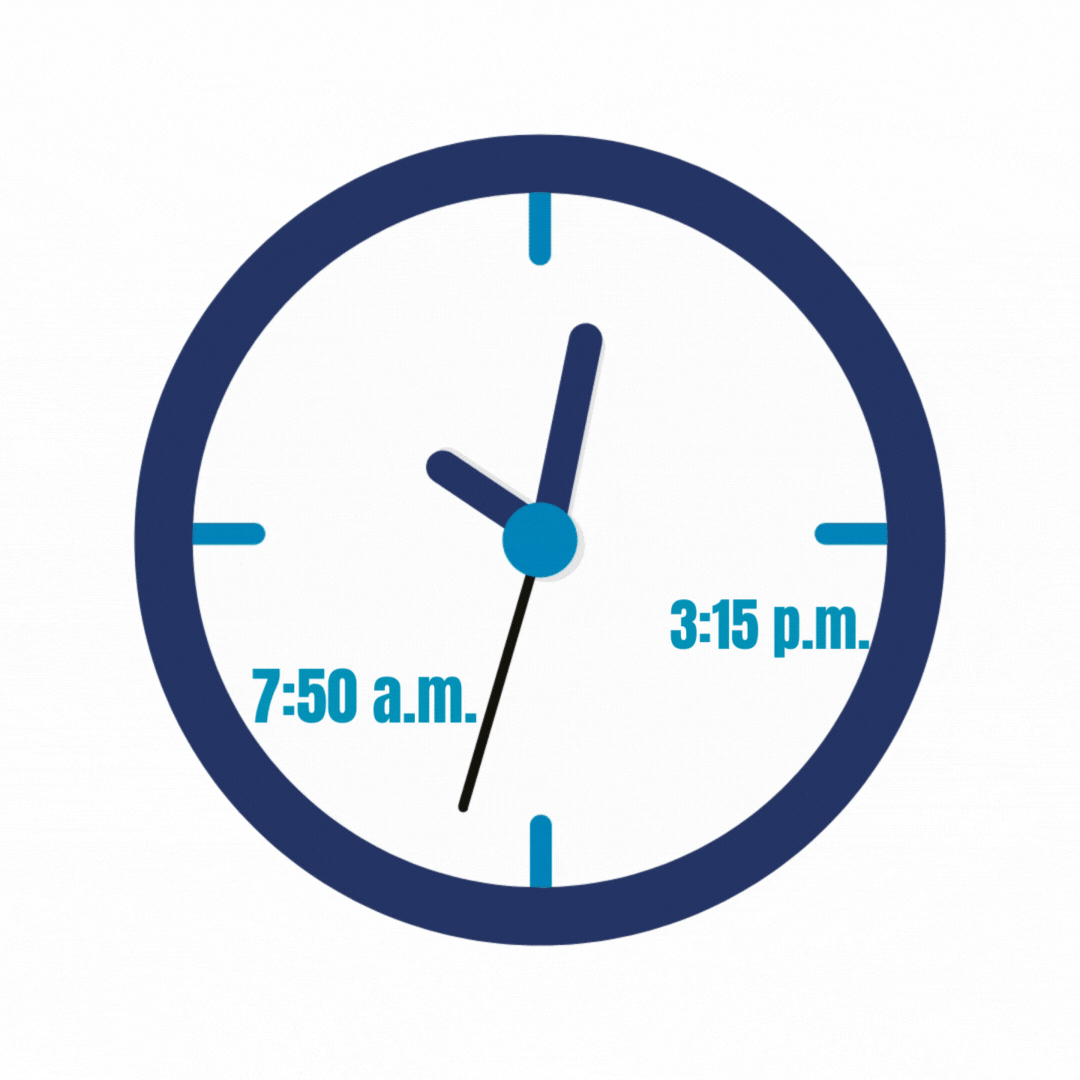




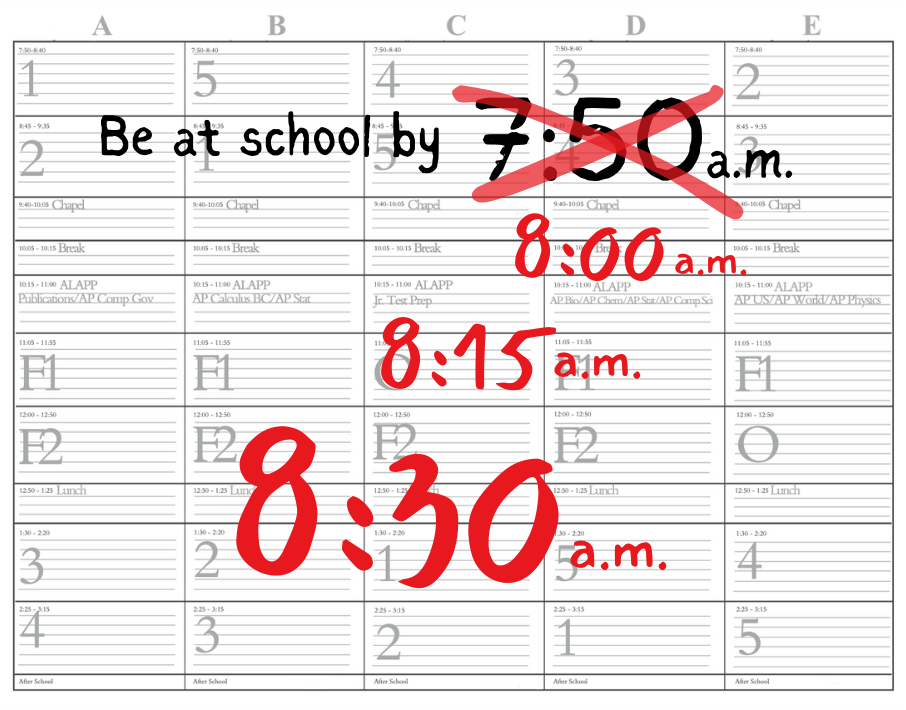






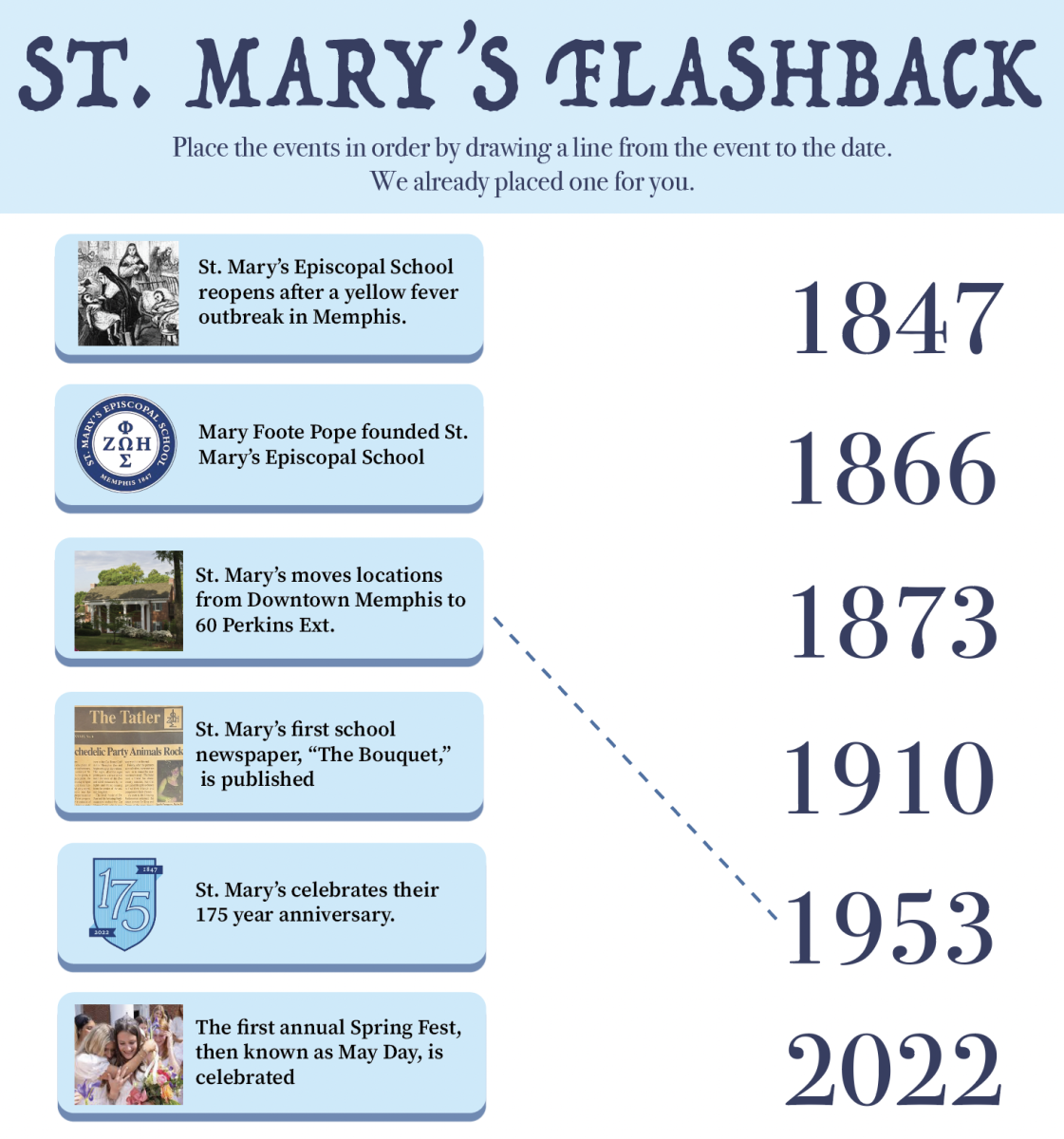

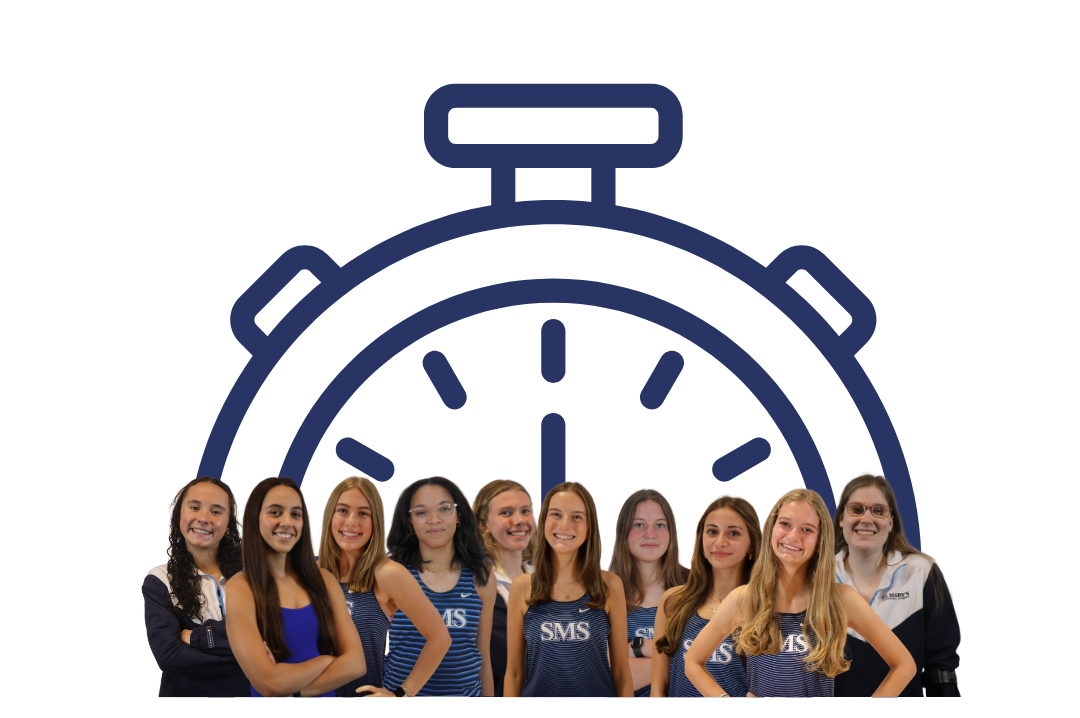

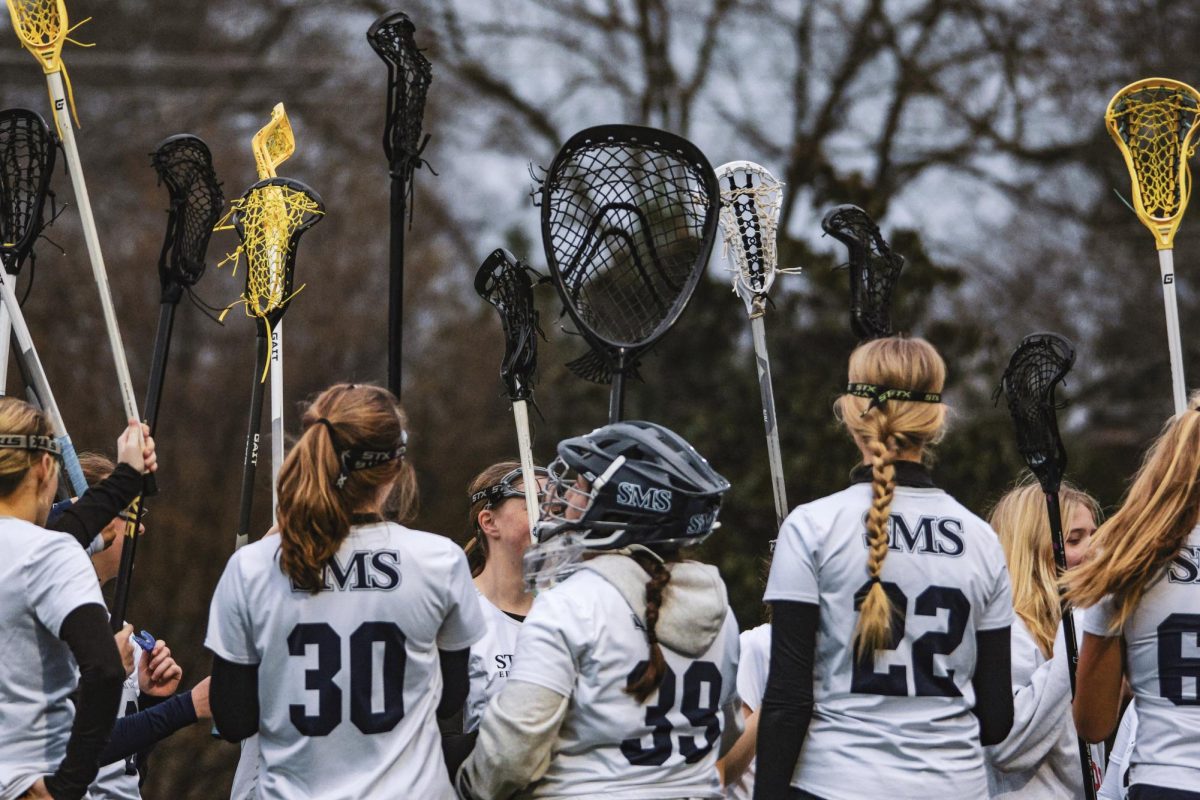
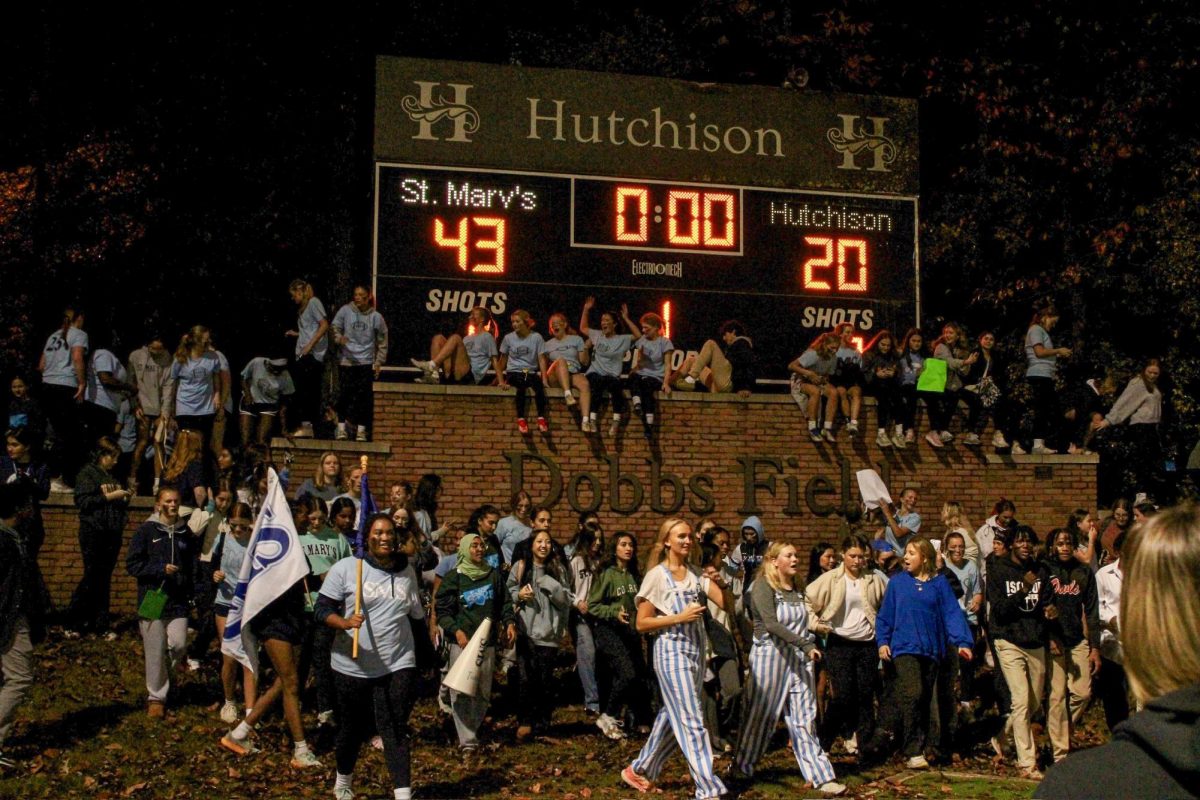

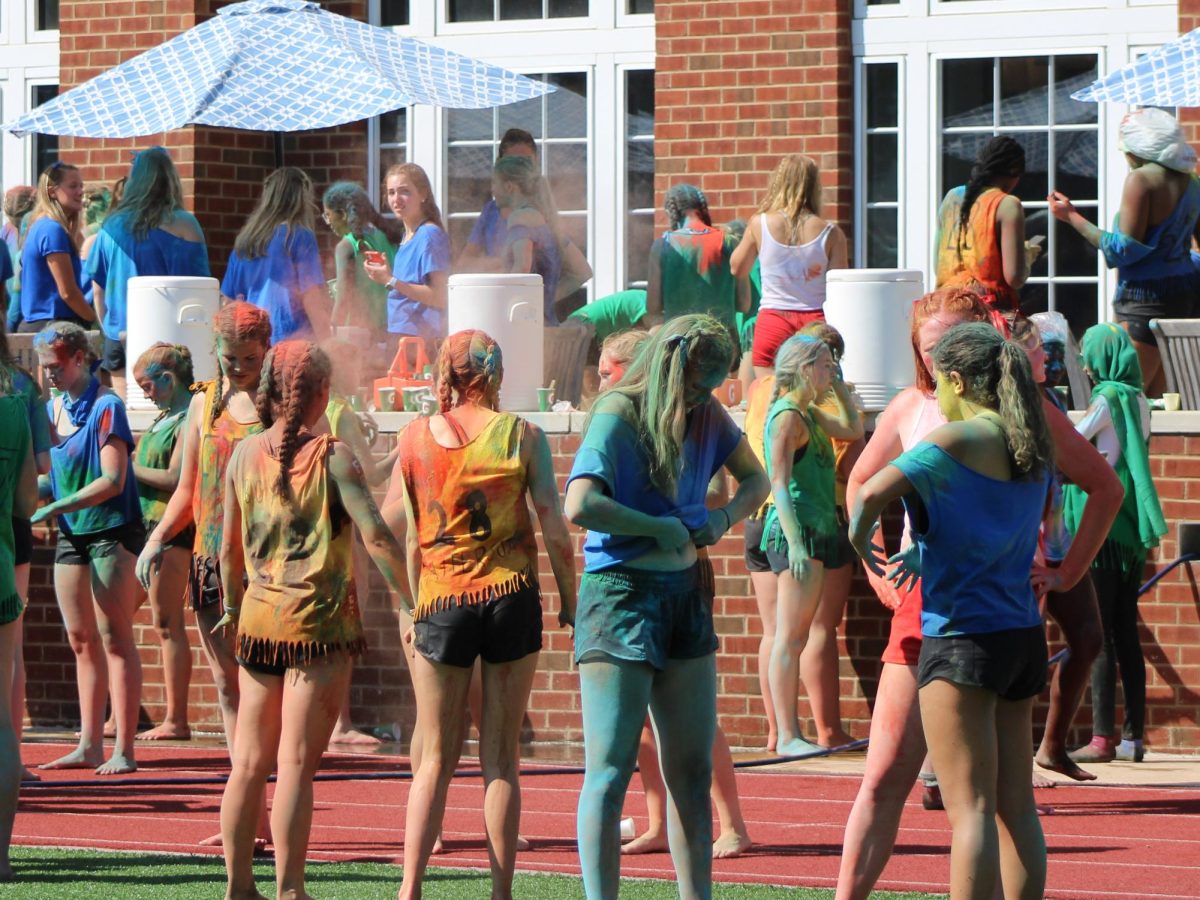
![[GALLERY] Walking in (Downtown) Memphis](https://stmarystatler.org/wp-content/uploads/2024/04/E1DAD3FE-E2CE-486F-8D1D-33D687B1613F_1_105_c.jpeg)
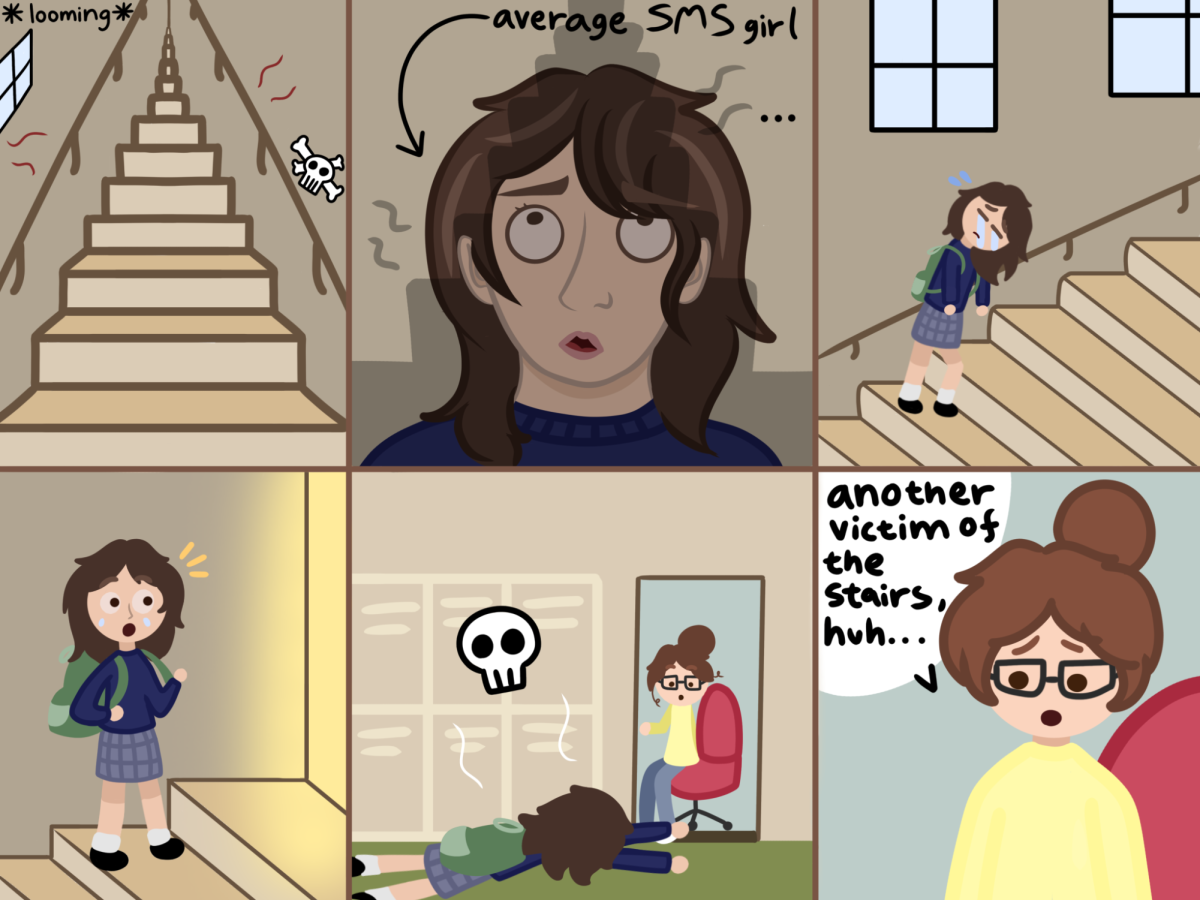








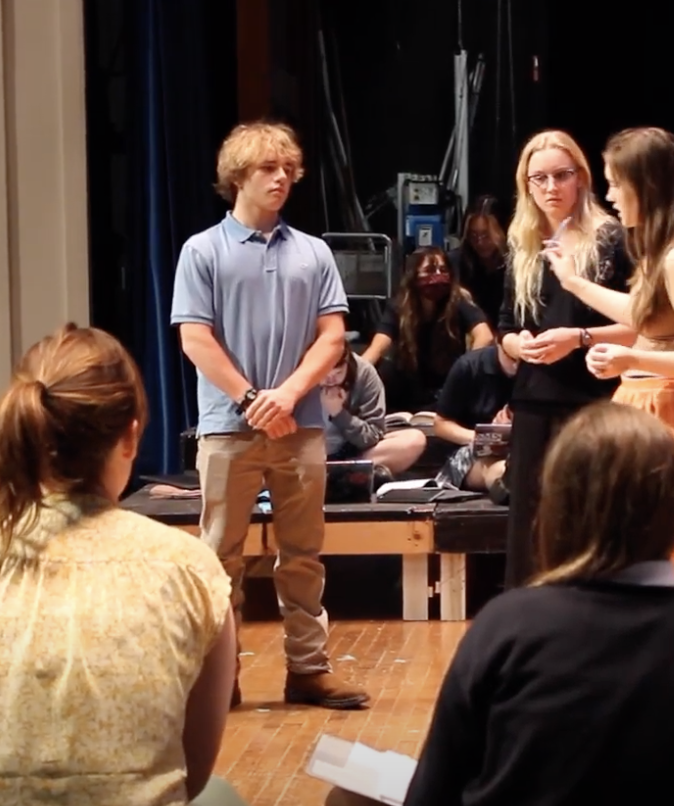
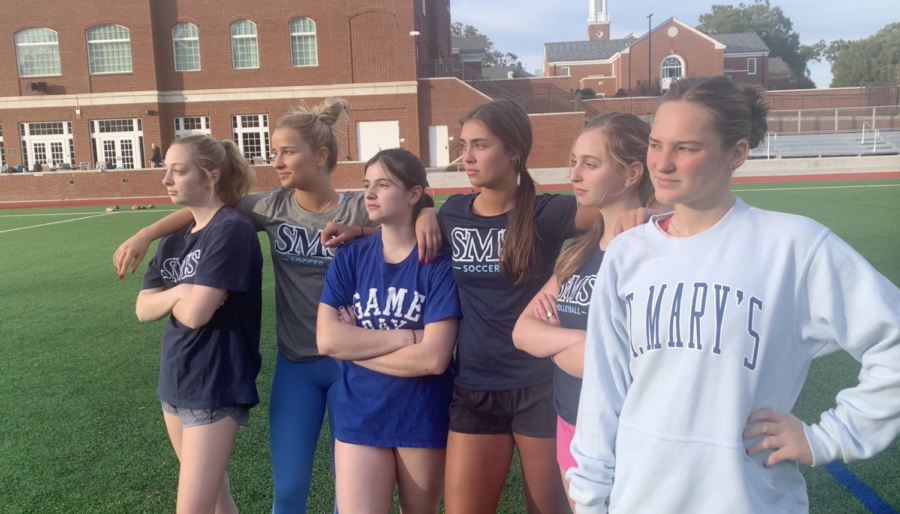
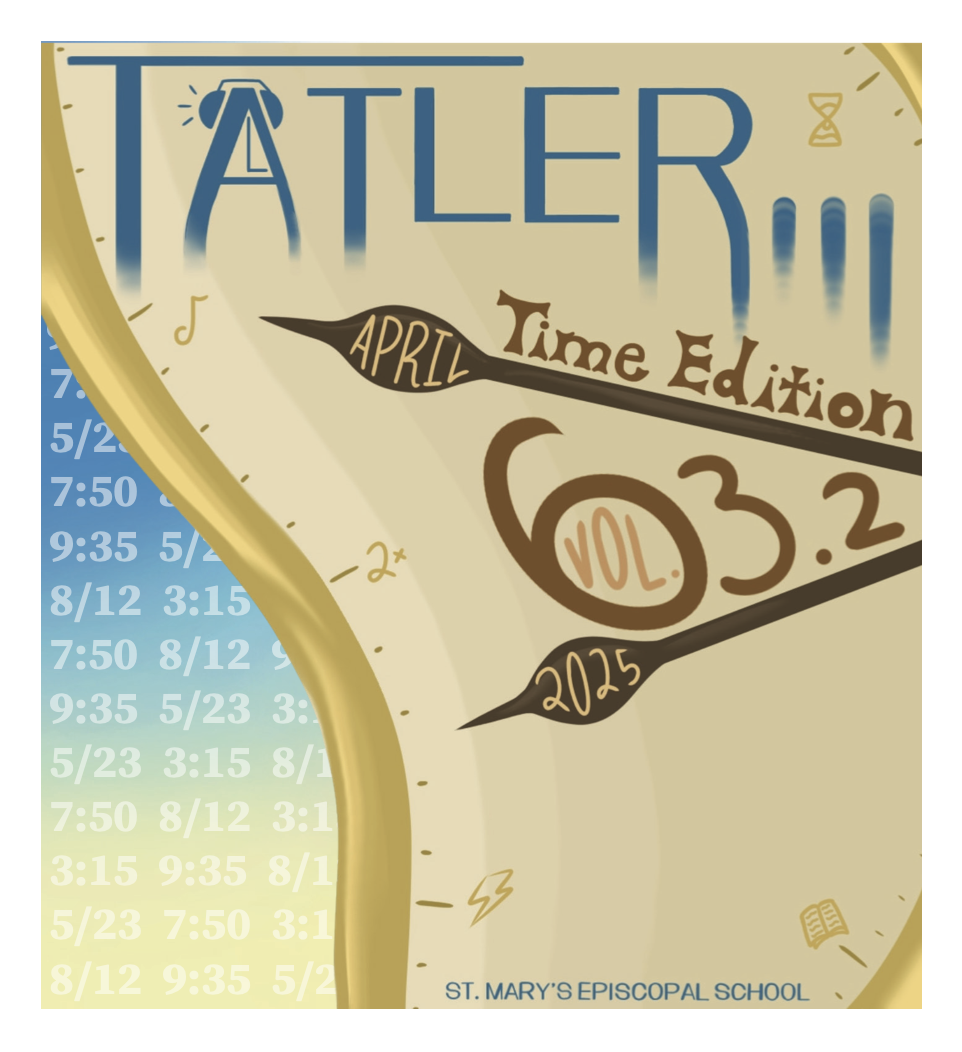



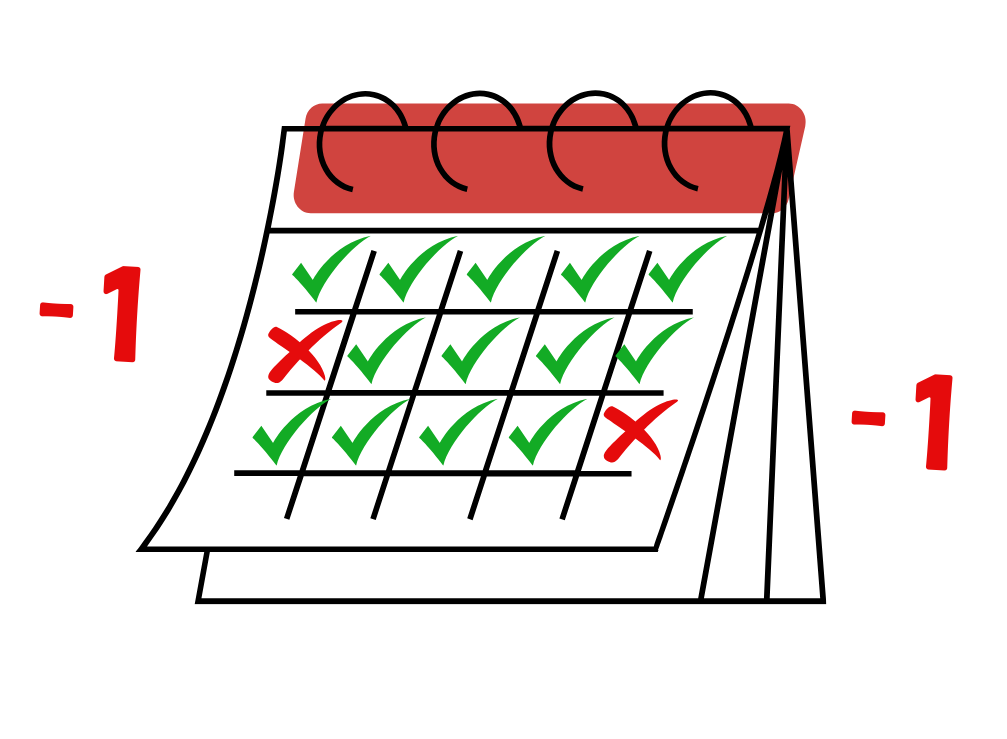


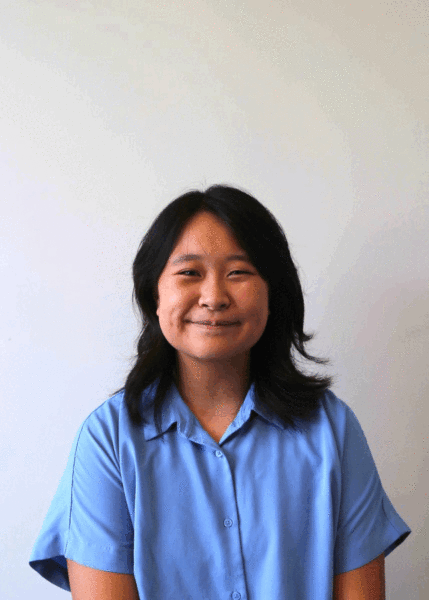
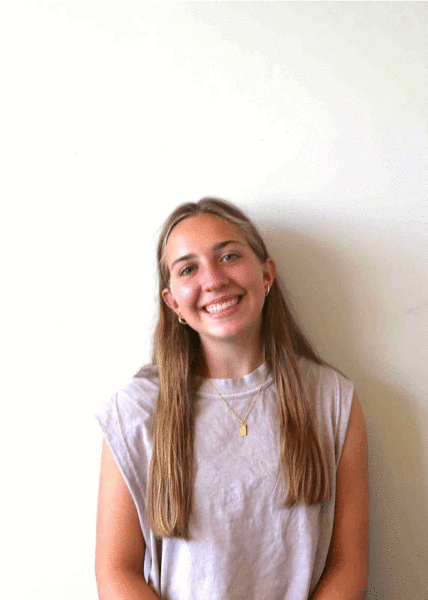
Anonymous • Sep 21, 2024 at 3:21 pm
I agree with Celine! A lot of students are going to school sick because they don’t want to lose participation points. I think sicknesses around school are going to be spreading much faster come this winter.
Lydia • Sep 19, 2024 at 11:51 am
This is very informative! Go Tatler!